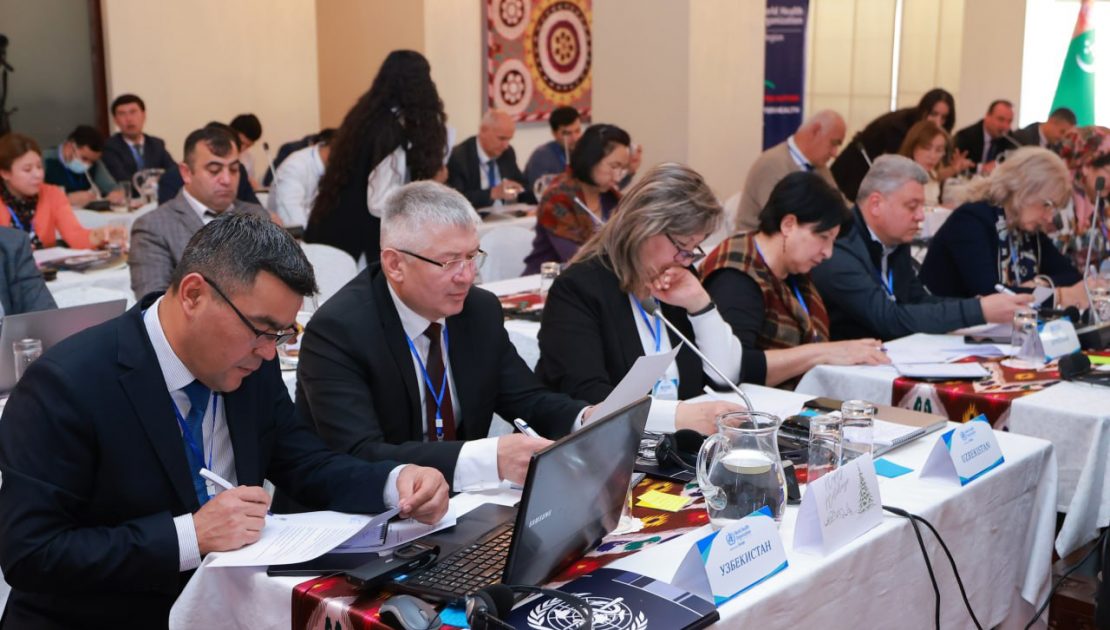The WHO Barcelona Office for Health Systems Financing has published a report reviewing financial protection in 40 countries in Europe.
Financial protection – affordable access to health care – is undermined when out-of-pocket payments for health care lead to financial hardship (impoverishing and catastrophic health spending) or create a barrier to access, resulting in unmet need for health care. This report summarizes the findings of a new study of financial protection in 40 countries in Europe, including the whole of the European Union, in 2019 or the latest available year before COVID-19. It finds that out-of-pocket payments lead to financial hardship and unmet need in every country in the study and are consistently most likely to affect households in the poorest fifth of the population. Financial hardship is largely driven by out-of-pocket payments for outpatient medicines, medical products and dental care – services that are commonly delivered or managed in primary care settings – indicating significant gaps in the coverage of primary care in many countries.
The report identifies five coverage policy choices that countries should avoid because they undermine financial protection, equity, efficiency and resilience. It also identifies policy choices that have strengthened financial protection in countries with a low incidence of financial hardship and unmet need.

